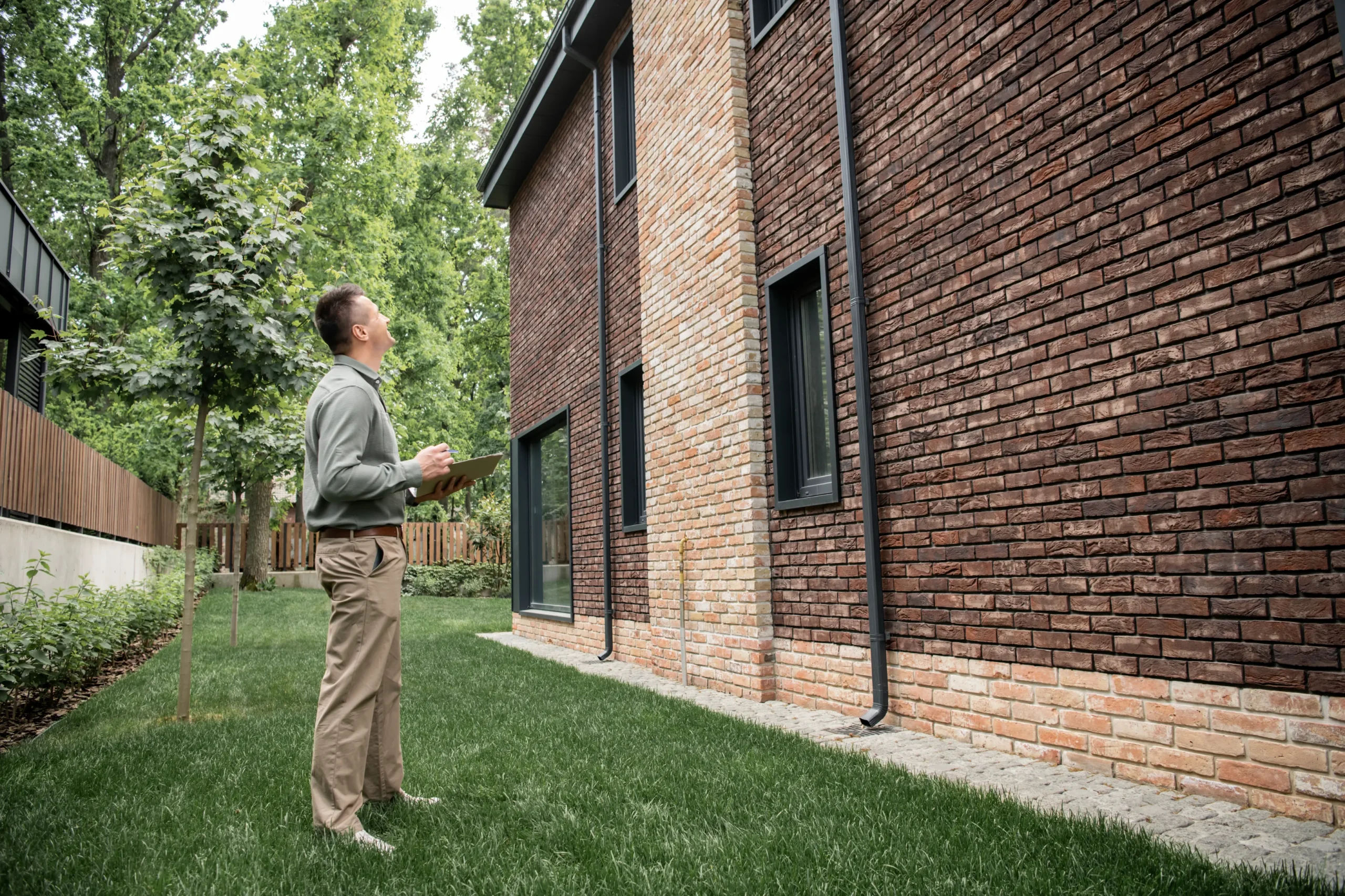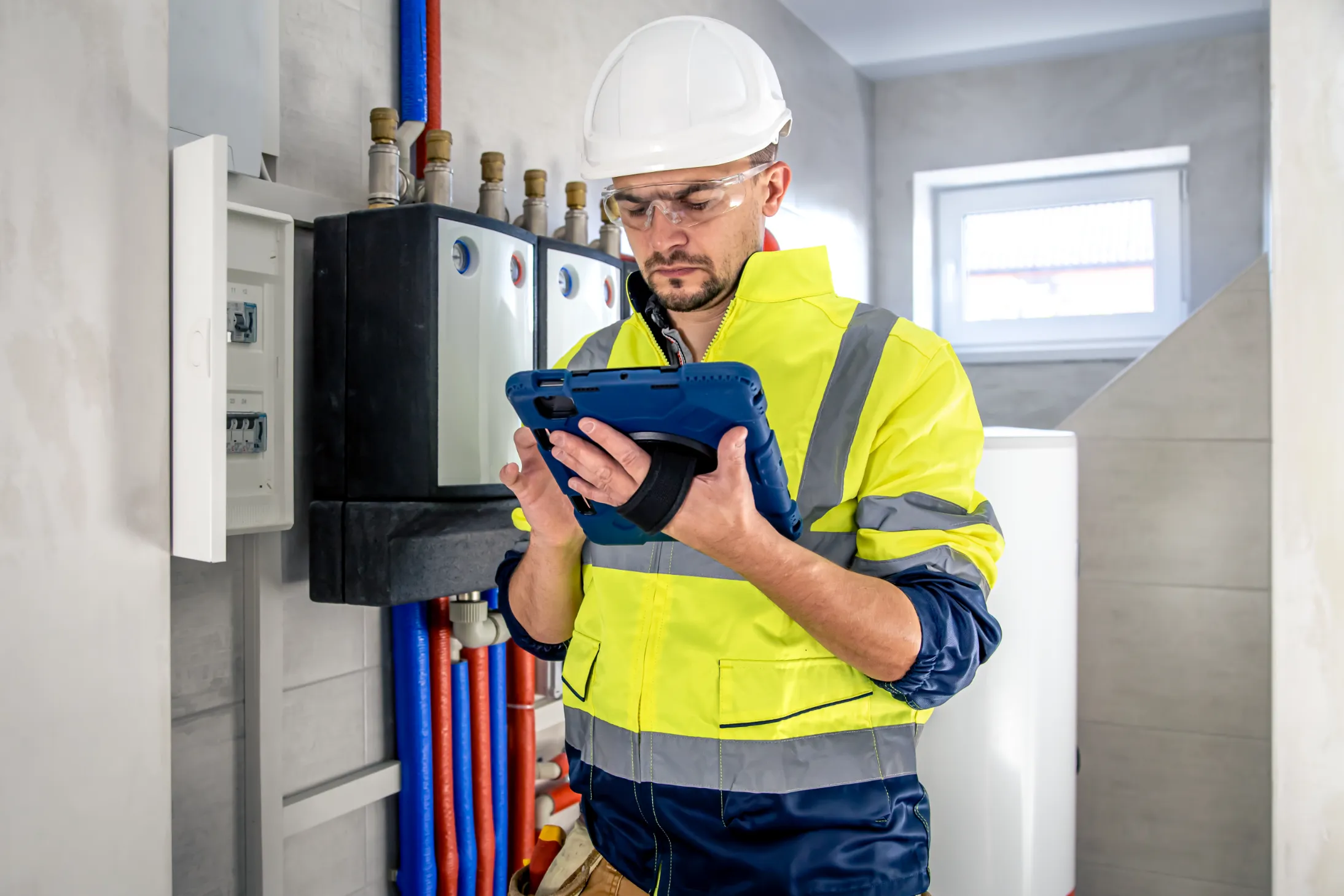Home inspections are an essential step in any real estate transaction. Whether you’re buying your first home or selling a property, a thorough inspection provides valuable insight that protects your investment and prevents costly surprises.
What Is a Home Inspection?
A home inspection is a detailed review of a property’s structure and systems. During the inspection, a licensed professional examines areas like the roof, plumbing, HVAC, foundation, electrical systems, and overall safety.
This process helps uncover issues that may not be visible during a simple walkthrough. For buyers, home inspections offer peace of mind. For sellers, they reduce the risk of delays or renegotiations.
Home Inspections Benefit Buyers
Home inspections give buyers a clearer picture of the property’s condition. They can:
- Reveal hidden issues such as roof leaks, outdated wiring, or plumbing problems.
- Help negotiate a better deal based on needed repairs.
- Prevent unexpected expenses after moving in.
Without an inspection, buyers risk taking on costly repairs that could have been caught beforehand.
Why Sellers Should Also Consider Home Inspections
It’s not just buyers who benefit. Sellers can use home inspections to:
- Identify and fix problems before listing.
- Set a fair asking price backed by facts.
- Build trust with potential buyers by offering transparency.
Pre-listing inspections reduce last-minute surprises and can speed up the selling process by making the home more marketable.
Home Inspections Save You Money in the Long Run
Spending a few hundred dollars upfront can save thousands later. A small plumbing issue caught during a home inspection might prevent a major leak, water damage, or mold remediation. Even structural concerns that seem minor can evolve into serious and expensive repairs.
What Does a Home Inspection Include?
A typical inspection covers:
- Roof & Attic: Looking for damage, leaks, and ventilation.
- Foundation & Structure: Identifying cracks, shifts, or weak areas.
- Plumbing: Checking pipes, drains, water heaters, and fixtures.
- Electrical: Reviewing panels, outlets, switches, and wiring.
- HVAC Systems: Ensuring proper function and efficiency.
- Interior & Exterior: Inspecting windows, doors, walls, and siding.
Each item on the checklist helps both parties make informed decisions.

How to Choose a Home Inspector
Not all inspectors are the same. Look for:
- Certifications from recognized boards (like InterNACHI or ASHI)
- Clear communication and easy-to-read reports
- Experience in residential property inspections
- Good reviews or referrals from trusted sources
Working with a qualified inspector ensures your home inspections are accurate and professional.
Ready to Schedule a Home Inspection?
Skipping a home inspection may seem like a way to save time or money, but it’s a risky gamble. Whether you’re buying or selling, inspections give you the information needed to make confident decisions and protect your property investment.
Don’t leave it to chance. Contact us today to schedule a trusted home inspection. For helpful articles and expert advice, visit our The Makar Company blog.
